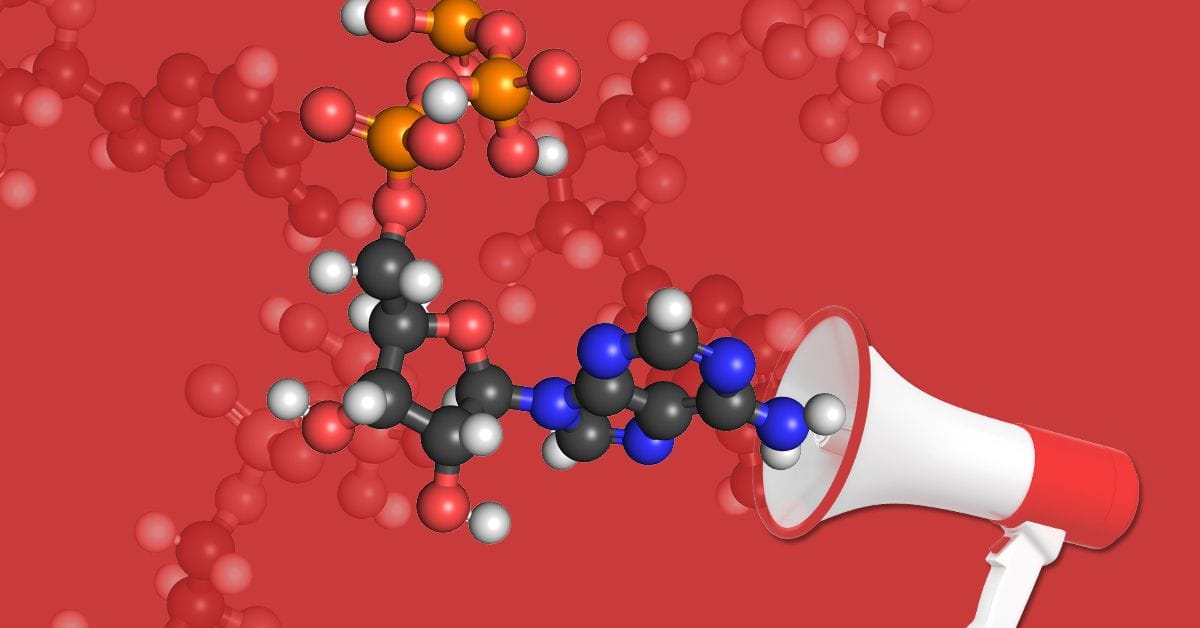This Special Issue aims to highlight the latest advances in the broad field of purinergic signaling. Submit your manuscript by April 30, 2026.

Purines and pyrimidines are not only recognized as the building blocks of life, but also essential key players in a conserved cell communication network. Purinergic signaling is important for regulating important physiological and pathological processes, making the involved proteins attractive drug targets. These include extracellular or transcellular membrane proteins, namely adenosine receptors, P2 nucleotide receptors, nucleoside and nucleotide transporters, and ectonucleotidases, as well as intracellular targets, e.g., adenylyl cyclases, phosphodiesterases, and many others. The right balance between nucleosides, such as adenosine, and nucleotides, e.g. ATP, is essential, and its disruption leads to disease processes. For example, extracellular ATP is proinflammatory, while adenosine acts as an anti-inflammatory, immunosuppressive modulator.
In response to the growing interest and rapid advancements in this field, ACS Pharmacology & Translational Science has put out a call for papers titled “Purinergic Signaling: Medicinal Chemistry, Biology, Pharmacology, and Translation into Diagnostic and Therapeutic Drugs,” which will aim to showcase contributions from leading researchers in the field of purinergic signaling. The organizing editors invite submissions in the form of original research articles, letters, reviews, perspectives, and viewpoints to this Special Issue.
Topics include, but are not limited to:
- Basic & Clinical Pharmacology
- Biochemistry & Biology
- Medicinal Chemistry
- Translational Science
Submissions are welcome through April 30, 2026. All articles will be peer reviewed prior to acceptance, to ensure they fit the scope of the special issue and meet the high publishing standards of ACS Pharmacology & Translational Science.
Organizing Editors
Prof. Christa E. Müller, Editor-in-Chief, ACS Pharmacology & Translational Science
University of Bonn, Germany
Prof. Annette Nicke, Guest Editor
Walther Straub Institute of Pharmacology and Toxicology, Germany
Prof. Christian Lohr, Guest Editor
University of Hamburg, Germany
Marc Freichel, Associate Editor, ACS Pharmacology & Translational Science
University of Heidelberg, Germany
Andreas H. Guse, Guest Editor
University Medical Center Hamburg-Eppendorf, Germany
Submission Information
We welcome submissions for this Special Issue through April 30, 2026. For more information on submission requirements, please visit the journal’s Author Guidelines page.
Accepted manuscripts for consideration in this Special Issue will include research articles, letters, reviews, perspectives, and viewpoints. Papers accepted for publication for this Special Issue will be available ASAP (as soon as publishable) online. After all submissions have been published, they will then be compiled online on a dedicated landing page to form the Special Issue. Manuscripts submitted for consideration will undergo the full rigorous peer review process expected from ACS journals.
Open Access: There are diverse open access options for publications in American Chemical Society journals. Please visit our Open Science Resource Center for more information.
How to Submit
- Log in to the ACS Publishing Center.
- Select the "Journals" tab.
- Choose ACS Pharmacology & Translational Science
- Click "Submit."
- Select your manuscript type, and, under "Special Issue Selection," choose “Purinergic Signaling: Medicinal Chemistry, Biology, Pharmacology, and Translation into Diagnostic and Therapeutic Drugs."
If you have any general questions regarding submission to this Special Issue, please contact eic@ptsci.acs.org.

